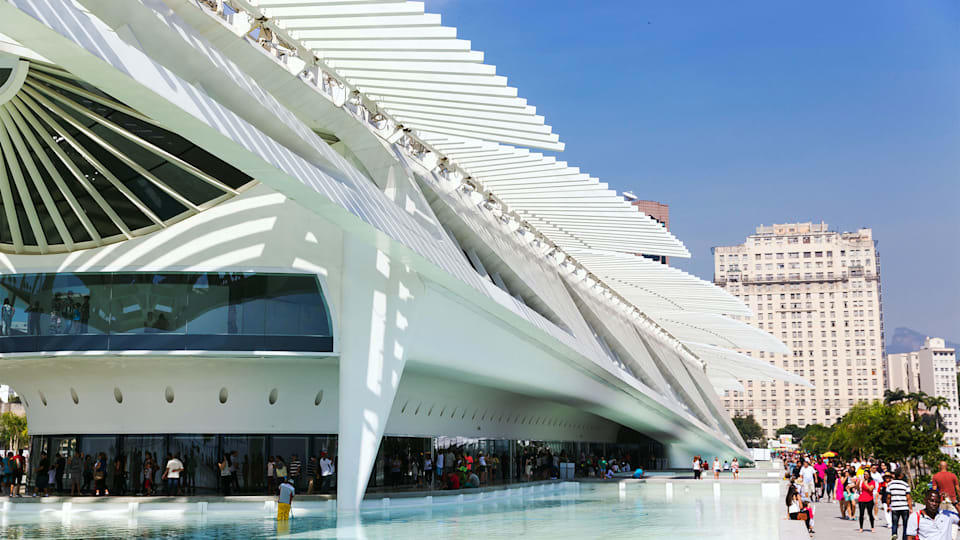
-
Rio 2016 created 70 new hotels and residences in Rio and invested BRL 5 billion in the tourism industry.
-
The construction of hotels and other infrastructure for the Games was estimated to require some 16,000 staff to work in the new buildings and residences, creating training and employment opportunities.
-
The Olympic Games helped the country to achieve record tourism figures in 2016. Over the 12 months, Brazil welcomed 6.6 million foreign tourists, which represents a 4.8% increase on the previous year. In terms of revenue generated by tourism in 2016, the total was US$ 6.2 billion, an increase of 6.2% on the previous year.
-
Rio 2016 and SEBRAE, Brazil’s small business association, worked together to help SMEs to apply for and win supplier contracts by upgrading their certifications and qualifications. SEBRAE’s target was to generate 300 million BRL in revenues for SMEs through direct contracts with Rio 2016. The target was surpassed, with a generation of 390 million BRL in revenues for SMEs through 4,880 direct contracts. In addition, Over 13,000 SMEs participated in training programmes and brokerage services which offered them opportunities to participate in tenders of other Rio 2016 suppliers.
-
A survey conducted by the Social Policy Centre at the Getulio Vargas Foundation, headed by former Minister of Strategic Affairs and economist Marcelo Neri, concluded that "the Rio economy, from the point of view of people took […] off after the announcement of the Olympic venue, but once picked, the growth has not weakened".
-
Job creation accounted for 82% of Rio’s local economic growth. The base of the social pyramid in Rio mostly benefited from the increase in labour income during the pre-Olympic period. The income of the poorest 5% grew 29.3% against 19.96% of the richest 5%.
-
The study also compared the changes in the services of the pre-announcement period of the Olympic Games (1992-2008) with the post-announcement period of the Games (2009-2016). The conclusion was that the seven years prior to the Games brought more progress than the previous period in areas such as public services, education, health and social development.
-
For each BRL1 invested in sports facilities, another BRL5 have been invested in legacy projects, helping to improve the quality of life for people beyond the Games.